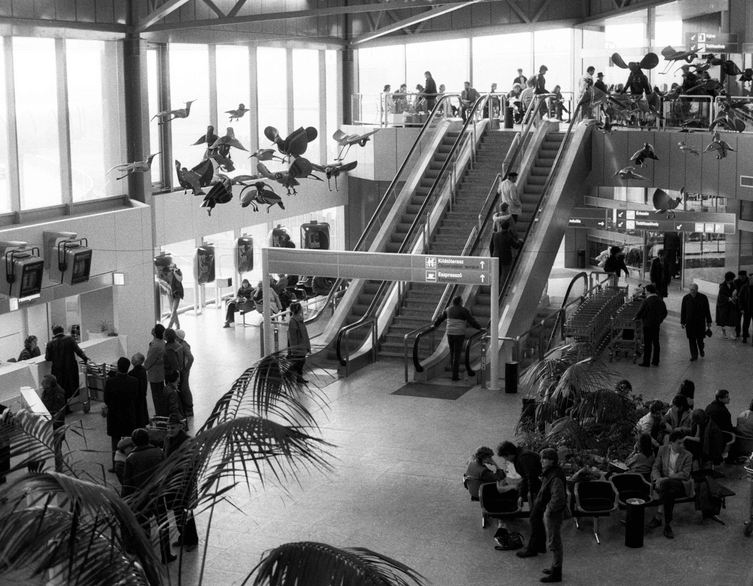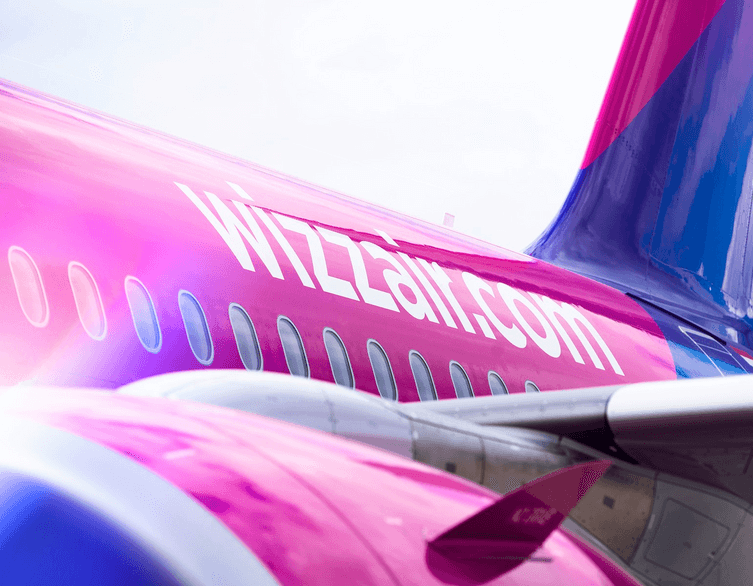Budapest Airport Breaks Records: Summer 2025 Brings Historic Passenger Growth

Budapest Ferenc Liszt International Airport has just wrapped up an extraordinary summer season that has shattered all previous records. The Hungarian capital’s primary aviation gateway welcomed an unprecedented 1.9 million passengers in August 2025 alone, marking a significant milestone that demonstrates Budapest’s growing appeal as a must-visit European destination.
Summer Tourism Surge Exceeds All Expectations
The numbers tell an impressive story for anyone considering Budapest as their next travel destination. August’s passenger count represents a remarkable 7.7% increase compared to the same month in 2024, proving that Budapest continues to capture the hearts of international travelers. This growth isn’t just a one-month phenomenon – the first eight months of 2025 have seen approximately 12.82 million passengers pass through the airport, representing a substantial 12.5% increase over the previous year.
These figures position Budapest as one of Europe’s fastest-growing aviation hubs, particularly impressive when you consider that the airport already handled 17.6 million passengers in 2024. For tourists planning their European adventures, this growth signals something important: Budapest has firmly established itself as a premier destination that offers exceptional value and experiences.
What This Means for Your Budapest Travel Plans
The record-breaking passenger numbers reflect Budapest’s incredible transformation into a world-class tourist destination that competes successfully with traditional European capitals. The surge indicates that travelers are discovering what locals have always known – Budapest offers an unmatched combination of historical grandeur, vibrant culture, affordable luxury, and authentic experiences that simply can’t be found elsewhere in Europe.
Best deals of Budapest
The airport’s enhanced capacity and growing route network mean better connectivity options for international visitors. With both Wizz Air using Budapest as its headquarters and primary hub, and Ryanair maintaining a significant base there, tourists benefit from increased flight frequencies and competitive pricing. This improved accessibility makes Budapest an even more attractive option for both short city breaks and extended European tours.
Beyond Passengers: Cargo Growth Signals Economic Vitality
While passenger growth captures attention, Budapest Airport’s cargo performance tells an equally compelling story about the city’s economic dynamism. August 2025 saw cargo traffic reach 35,032 tons, representing a staggering 35.5% increase compared to the previous year. The first eight months of 2025 handled 270,775 tons of cargo, which is 46.5% more than the same period in 2024.
This cargo growth indicates a thriving economy that supports excellent infrastructure, diverse dining scenes, robust cultural offerings, and the kind of urban development that makes cities attractive to tourists. When businesses choose Budapest as a logistics hub, it creates the economic foundation that funds museums, restaurants, entertainment venues, and all the amenities that make a destination special.
Budapest’s Rising Profile in European Tourism
The airport statistics reflect broader trends in European tourism, where travelers are increasingly seeking authentic experiences and excellent value. Budapest delivers both in abundance. The city offers imperial architecture that rivals Vienna, thermal baths that surpass those found anywhere else in Europe, a culinary scene that’s gaining international recognition, and prices that remain refreshingly reasonable compared to other major European capitals.
The 12-month rolling cargo volume has reached 385,584 tons, demonstrating sustained economic growth that translates directly into better tourist infrastructure. This economic vitality means more international restaurant chains, better transportation networks, expanded cultural programming, and improved accommodation options across all budget ranges.
Strategic Location Driving Growth
Budapest’s geographic position in Central Europe makes it an ideal hub for travelers exploring the region. The airport’s growing traffic reflects its strategic importance as a gateway not just to Hungary, but to the broader Central European region. Many tourists use Budapest as a base for exploring Prague, Vienna, Krakow, and other regional destinations, taking advantage of excellent rail connections and reasonable flight options.
The airport’s location just 16 kilometers southeast of Budapest’s city center ensures that these growing passenger numbers translate into quick, convenient access to the capital’s attractions. Unlike some European airports that require lengthy transfers to reach city centers, Budapest’s airport connectivity means tourists can be exploring the city’s thermal baths, sampling its famous ruin bars, or admiring its architectural masterpieces within an hour of landing.
Infrastructure Ready for Continued Growth
The record-breaking numbers demonstrate that Budapest Airport’s infrastructure investments are paying dividends. The facility’s modern Terminal 2A and 2B complex, connected by the Sky Court shopping and dining area, provides a comfortable, efficient experience that can handle the growing passenger volumes. Recent ownership changes, with the Hungarian government and Vinci Airports taking control in 2024, signal continued investment in capacity and service quality.
For tourists, this infrastructure development means shorter wait times, better amenities, and more flight options. The airport’s two-runway configuration and modern facilities ensure that the growing popularity of Budapest as a destination won’t come at the expense of travel convenience.
Looking Ahead: What Record Growth Means for Future Visitors
These record-breaking statistics suggest that Budapest’s tourism trajectory will continue upward, driven by the city’s unique combination of historical significance, cultural richness, and affordability. However, this growth also means that popular attractions may become busier, and advance planning becomes increasingly important for securing accommodations and restaurant reservations.
The cargo growth particularly indicates that Budapest’s economy is diversifying and strengthening, which typically leads to expanded cultural offerings, improved infrastructure, and enhanced tourist services. For future visitors, this suggests a destination that will continue evolving and improving while maintaining the authentic character that makes it special.
The summer 2025 records at Budapest Airport represent more than just impressive statistics – they reflect a city that has successfully positioned itself as a must-visit European destination. For tourists considering their next European adventure, these numbers provide compelling evidence that Budapest offers the perfect combination of accessibility, authenticity, and value that defines exceptional travel experiences.
Related news
















